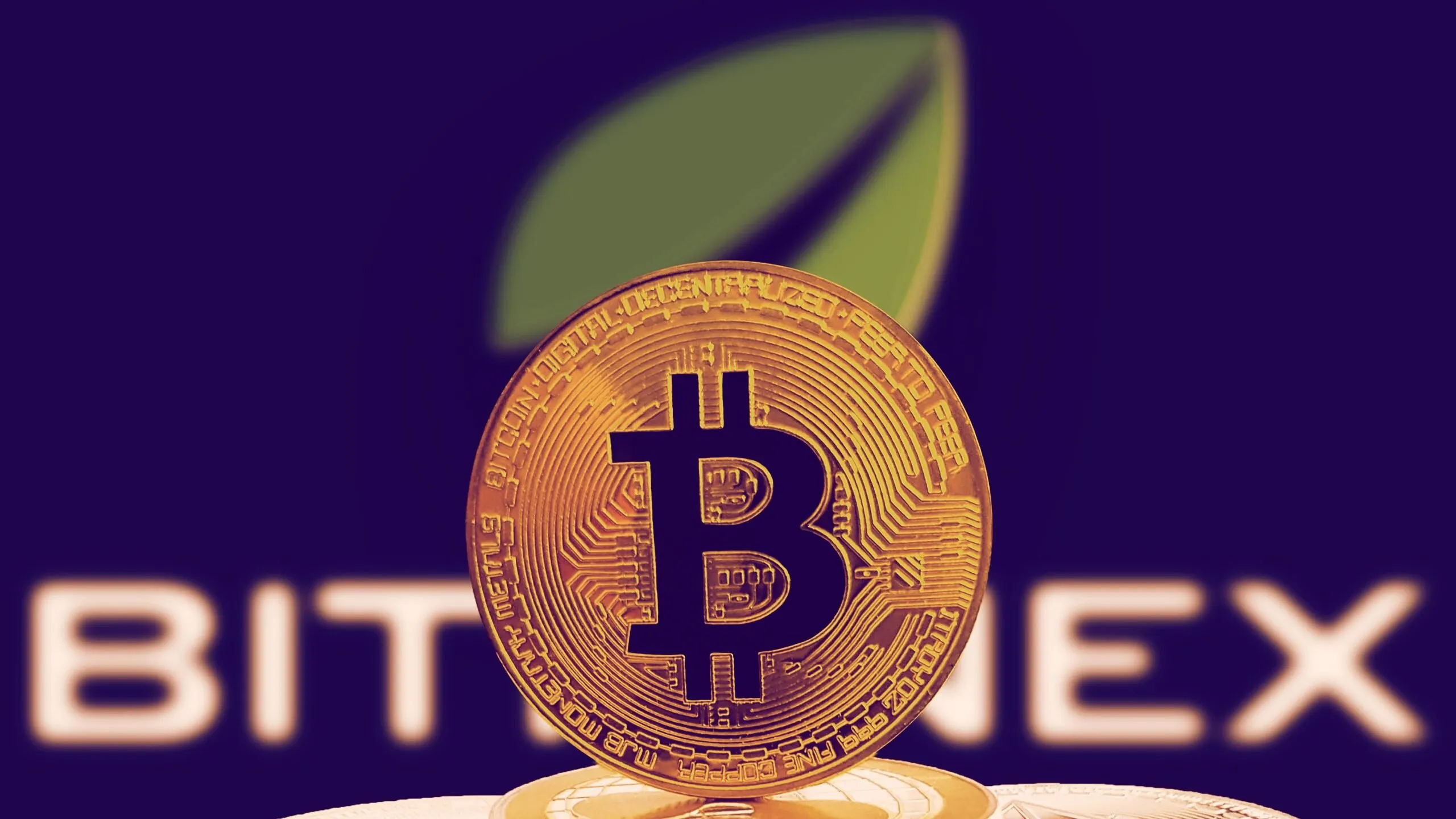A number of independent researchers have concluded that “a single actor” caused the recent spike in Bitcoin on April 2. Whether the actor was a lone whale, a group of big investors acting together—or a crypto exchange trying to jump start the sluggish market, as one analyst suggested today—remains a mystery.
Late last week, the Cambridge, Mass., blockchain-analytics firm Coinmetrics was first to tweetstorm its findings. At the same time, our old friends at Crypto Integrity, an ad hoc group of anonymous big-data scientists in Europe and Asia, who’ve been monitoring the currency space, were reaching the same conclusion. Though they shared a draft of their results with Decrypt on April 18, a day before the Coinmetrics tweetstorm, they published their findings today.
Who dunnit?
“We think the purchases were of a speculative nature, without a sustainable increase in real demand,” a spokesman, who would only give his first name as Dmitry, said via an email interview.
Dmitry said it was possible, though “less probable,” that a trader or group of traders was simply trying to pull of a typical pump-and-dump scheme: “The more probable hypothesis is that a trader, or a group of traders, which are possibly affiliated with crypto exchange(s), has pumped the price in order to increase volatility and draw attention to crypto trading.”
“As we know, the price shock has made [gotten] a lot of people to trade crypto assets, which in turn resulted in increased volume. Higher volume means higher exchange fees,” he added.
The April 2 run up
Coinmetric reported that the run up began April 2 when some 500,000 tether was swapped for Bitcoin on Hong Kong exchange HitBTC.
Per Crypto Integrity, “The data shows that the initial price movement originated on Bitfinex,” said Dmitry. The CI analysts did not implicate the Hong Kong-based Bitfinex, whose management and investors overlap with Tether, as the instigator of the run up, however.
The Crypto Integrity team has been looking into fake trading on exchanges—and attempting to debunk the notion that “reported volume” is an accurate gauge of a market. Today’s report goes further and argues that the best measure of market integrity is liquidity. The analysts culled recent data from Binance, Bitfinex, Bitstamp, Bittrex, Coinbase Pro and Kraken; using liquidity as a measure, they determined that the most reliable crypto exchanges for retail and institutional investors are Coinbase Pro, Bitstamp and Kraken.
CI is a not for profit, though it is looking for donations to fund its work and pay for network costs.

